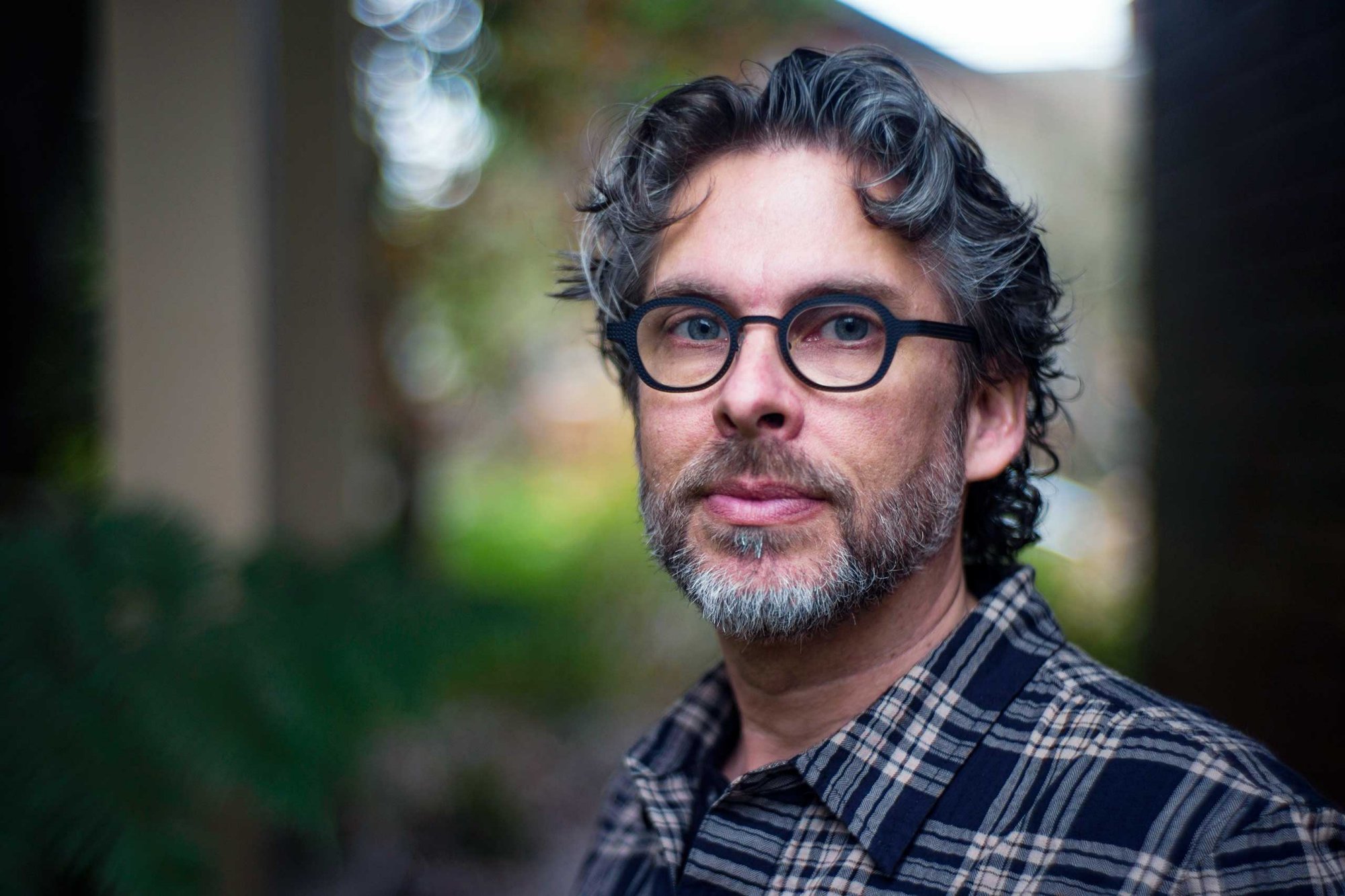Michael Chabon’s Moonglow (2016) takes on the challenge goal of condensing the author’s complex family history into one engaging read. One part autobiography, one part fiction, multiple parts speculation and embellishment, the end product makes for a satisfying read. Chabon manages to interweave the sting of his family’s hardships with that of a larger collective post-Holocaust social history, making for a tale that is as personal as it is wide reaching.
Moonglow brings together multiple different subplots, with the overarching story being the narrator (based off of Chabon himself) having an ongoing conversation with his dying grandfather. The focus is not on mourning, nor is it about regrets – rather, it is one of disclosure, as Chabon’s short-tempered, self-sufficient yet oddly caring grandfather is splayed out on paper. Chabon’s grandfather reaches back to his experiences as an American soldier overseas in WWII France, as well as his later time as a husband and stepfather. With sparkling digressions to Chabon’s grandfather’s childhood and senior years, reinforcing that truth truly is often stranger than fiction.
Chabon’s grandmother and mother also feature significantly in the multilayered family history, adding to the pool of neuroses that reaches down even to Chabon himself. Chabon’s grandmother’s reality as a Holocaust survivor is plagued with hallucinations and psychological traumas, which ebb and flow during her lifetime. Chabon’s mother, presented as a young child, adolescent, and finally, mother figure, suffers the brunt of her parents’ insights. Chabon adds to this with recollections of his family from the eyes of his childhood self, and the reader is made privy to Chabon’s quest to getting at the reason guiding his often incomprehensible elders.
In terms of characterization, Chabon is a master of his art. Through being presented with vignettes and scenes from different periods of each character’s life, the reader is able to pull together an organic, comprehensive understanding. Chabon does not sugar-coat his family background – his family is entirely human, this made evident by every tear shed, lie told, and prison time served. It is impossible to ignore that Chabon’s family truly has an eventful past, and it is in part the downfalls as well as the merriments that make them into such a compelling cast. However, this is part and parcel – Chabon’s family members are shaped by their experiences as much as they are presented as decision-making agents.
While Chabon himself plays a passive role in the narrative, he is definitely present as the guiding force throughout the book. Chabon names his characters as “my grandfather” and “my grandmother”, keeping clear his relation to the stories told. Furthermore, Chabon’s choice of nonlinear narrative structuring and clarifications via footnotes add a personal touch to his telling of the experiences of others. Yet, despite the fact that Chabon has not lived through the events he is noting down, it is nonetheless fitting that he be the compiler. Considering the tumultuous past of his family, Chabon holds unique status as the final link, what every family member before him has been building up to.
Chabon’s opus does drag at times, yet if anything; I found that to be a testament to its authenticity. To read of a family in which every deed done is extraordinarily monumental would be a complete and total work of fiction. In this sense, Chabon’s work reads like an account of many a family saga, complete with questionable uncles and incomplete photo albums. The difference here is that Chabon has taken the time to flesh out these family clichés, using his novelistic talents to make an account that is truly worth reading.
Noga Amiri, Class of 2018, is a literature and art history major from Hilversum, the Netherlands.
Featured Image Credit: David Butow/Redux

